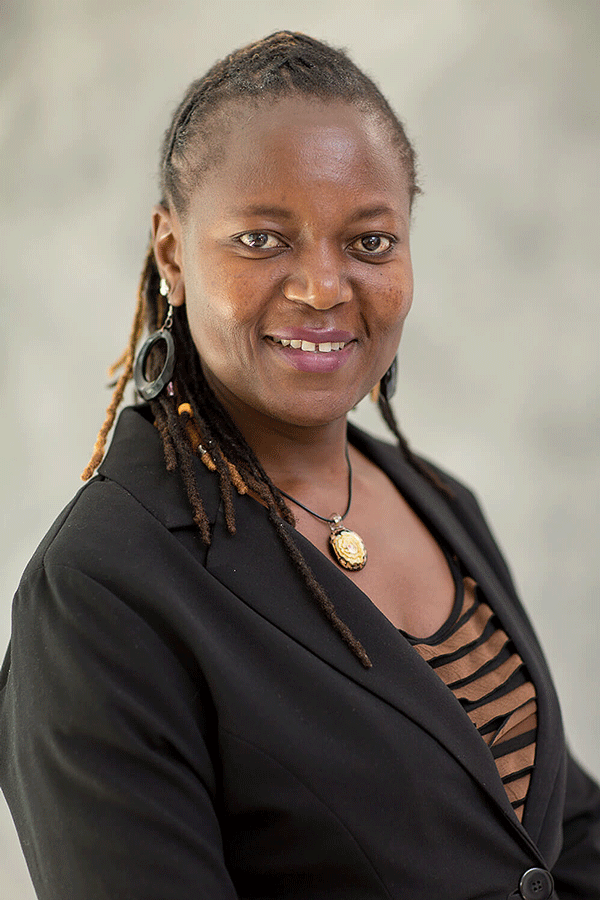
BY Miriam Tose Majome VERY little is known about one of the worst religion-related mass murders and tragedies that occurred in Uganda in 2000 in which 700 Ugandans died. More is known about the 1978 Jonestown massacre in Guyana in which 918 mostly American followers of the Peoples Temple died when their spiritual leader Jim Jones told them to drink cyanide and die.
The Ugandan church was called the Movement for the Restoration of the Ten Commandments of God. Its aim was to obey the Ten Commandments and preach the Word of Jesus Christ.
The four most senior leaders claimed to have visions of the virgin Mary. The church was one of the many doomsday cults that emerged in the late 1990s that believed the world would end on December 31, 1999. A doomsday cult is a religious movement premised on the belief that a catastrophic event is imminent and is centred around preparing for that day.
On March 25, 2000 church members in a village in the south west district of Kanungu, Uganda were instructed to get inside the church by their leaders. After they were fully packed indoors and windows were bolted and nailed shut from outside, the church was doused in petrol and set alight, killing 700 people. It is not known whether all the leaders died in the inferno or their whereabouts if they survived. It is suspected that those who escaped death were protected by politicians and 22 years later, no-one has ever been prosecuted for the massacre.
Numerous deep pits containing dozens of bodies were found around the church premises after the massacre, which was evidence of routine torture and murder of church members over a long time prior to the massacre.
The disappearances and murders went unreported. Many religious leaders climb to such heights that they are feared to the extent that no one dares report them and some do literally get away with murder.
In Zimbabwe, incidents involving powerful church leaders escaping recrimination despite overwhelming evidence are on the rise. Some religious leaders have been convicted of crimes like rape, theft and other related crimes, but many still manage to always evade arrest and prosecution.
In 2016, Prophetic Healing and Deliverance Ministries leader Walter Magaya sensationally claimed to have found the cure for HIV/Aids. The alleged cure was advertised and sold as immune booster capsules and lipstick costing between US$500 and $1 000 per unit.
- Chamisa under fire over US$120K donation
- Mavhunga puts DeMbare into Chibuku quarterfinals
- Pension funds bet on Cabora Bassa oilfields
- Councils defy govt fire tender directive
Keep Reading
The popular charismatic preacher claimed that he had tested the cure on humans and had succeeded. This raised questions because there are strict laws regarding clinical trials and experimentation on human beings and animals under the Research Act.
Even qualified doctors cannot just perform medical research on their patients without following due process and obtaining the requisite authority from the Medicines Control Authority of Zimbabwe (MCAZ). The human trials claims and the ensuing furore around the HIV/Aids cure claims triggered an investigation by the MCAZ and cessation of the claims. That was the most opportune time for medical authorities to engage government about the regulation of churches and protecting congregants from their leaders.
Zimbabwe is at that precarious place where some church activities have become a public hazard and potential for mass tragedy.
There are too many human rights violations and criminal acts committed by the clergy that by now government should have realised the necessity of church regulation. In 2014, 11 followers of Magaya’s PHD Ministries died in a stampede at a crusade at Mbizo Stadium in Kwekwe. The night crusade had been attended by more than 30 000 people much more than the stadium’s carrying capacity.
The coroner presiding over the inquest ruled that no one was to blame for the accident and deaths of the 11 people.
Rwanda was the first African government to regulate churches in 2018. Six thousand churches and 100 mosques were closed over public safety concerns.
There is no regulatory mechanism to monitor church and religious affairs such that the business of religion is a free for all arena. Anyone can open a church and have absolutely unfettered reign under the guise of religious freedom. A regulatory agency is a public authority or government agency responsible for exercising autonomous authority over some economic or human activity within a country.
Regulatory agencies play an oversight role in the industry to control standards and ensure legal compliance. Examples are the Broadcasting Authority of Zimbabwe, Zimbabwe Energy Regulatory Authority, Postal and Telecommunications Regulatory Authority of Zimbabwe, etc.
Church members who wish to blow the lid on their churches’ misdemeanours are usually discouraged and silenced and even punished by the church. More emphasis is put in protecting the church and the leaders’ public image. The few cases that are reported to the police are just a trifling sample of the huge volumes of crimes and abuses that happen behind the pulpit.
Complaints filed against church leaders including rape and sexual abuse of minors are usually handled internally and swept under the carpet.
Perpetrators are encouraged to pray for strength and victims to pray for forgiveness and just let sleeping dogs lie. It is time to do something to curb church excesses before another Kanungu happens in Zimbabwe.
- Miriam Tose Majome is a lawyer with Veritas. She is a commissioner with the Zimbabwe Media Commission. She writes in her personal capacity and can be contacted on [email protected].











